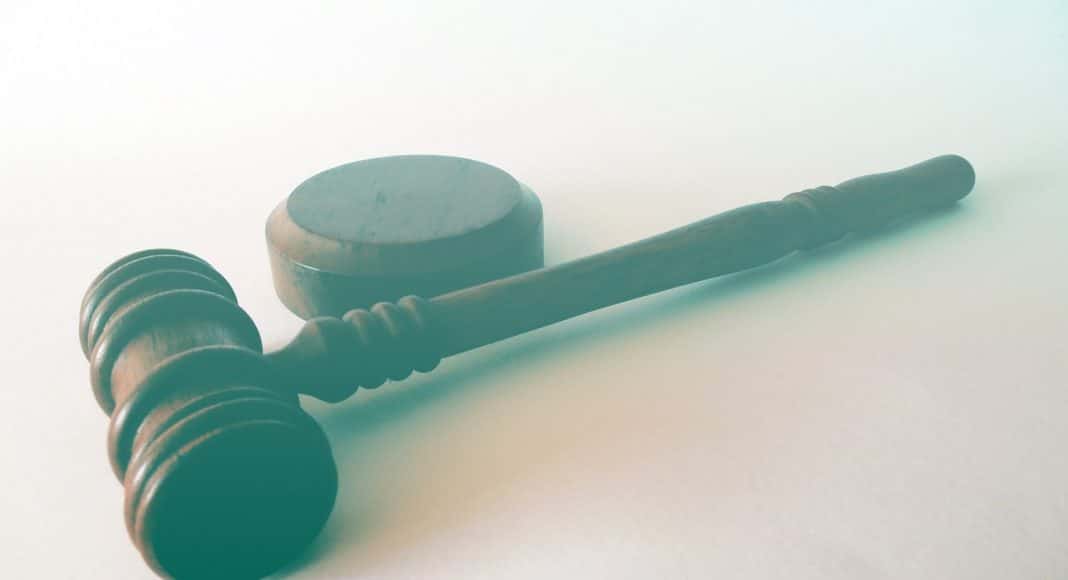For years there has been a widespread misperception that CBD – or cannabidiol, a non-psychoactive marijuana component with several beneficial medical applications – is legal to possess and make under federal law.
When the Drug Enforcement Administration (DEA) established a new code number for marijuana extracts on December 14, 2016, many mistakenly believed that the DEA’s newest action made CBD federally illegal. But CBD has long been illegal under federal law and has been a Schedule I drug since the enactment of the Controlled Substance Act of 1970 (CSA).
This misunderstanding can be explained, in part, because some people think hemp oil (which is legal under federal law) is the same as CBD oil (which is not legal under federal law). All types of cannabis (including hemp plants), and their leaves and flowers are now illegal and have been illegal under the CSA.
RELATED: Everybody Chill: DEA’s Scheduling Of CBD Is A Clarification, Not A New Law
The only exception are hemp plants grown by academic institutions or by state departments of agriculture in accordance with the 2014 U.S. Farm Bill. But hemp byproducts already made outside the United States – including oil, mature stalks and sterile seeds – may be lawfully imported into the country and possessed, processed, sold, and transferred from state to state.
CBD oil is produced from cannabis flowers and leaves, which are illegal under federal law, and is high in CBD. This product is what marijuana patients frequently seek out to use as medicine. In contrast, hemp oil is produced by pressing sterile hemp seeds and only contains trace amounts of the CBD that patients seek. The oil and the seeds may be lawfully imported and processed. Yet some hemp companies are deceptively taking large amounts of hemp products and processing them with harsh chemicals to derive enough CBD to call their oil a “CBD product.”
- RELATED STORY: UK Concedes: Cannabis Is Most Certainly Medicine
The FDA has issued warnings to some of these companies for falsely advertising their effectiveness. While these CBD oils from hemp seeds may be lawful to produce, they often do not contain therapeutic levels of CBD patients need and the chemicals used in the extraction process may harm, more than help, patients.
CBD has amazing potential when the product is created from the non-hemp varieties of marijuana and when proper extraction processes are used. For instance, CBD has been used to treat epilepsy in children, opioid addiction, and cancer.
But CBD only helps a minority of patients. There are over 70 different cannabinoids (chemical compounds that act on cannabinoid receptors in the brain) in marijuana, including THC and CBD, each with its own unique therapeutic properties. Some illnesses respond better to THC-rich strains of marijuana than to CBD strains. And, even patients who respond best to CBD have better outcomes when it is derived from the whole plant, rather than synthetic forms of CBD.
RELATED: Tell Us Your Story: How Charlotte’s Web Helped My Son
The whole medical marijuana plant, rather than CBD alone, needs to be legalized to best address the needs of patients. Medical marijuana is now legal in 28 states plus the District of Columbia, and an additional 15 states have passed CBD-only laws. For the time being these laws are safe from federal interference under the 2016 omnibus spending bill. But this provision will expire if it is not renewed by Congress next year. The best way to ensure that patients are protected is to pass comprehensive federal legislation, such as last year’s CARERS Act, to permit states to legalize medical marijuana and CBD for patients.
Jolene Forman is a staff attorney with the Drug Policy Alliance.


